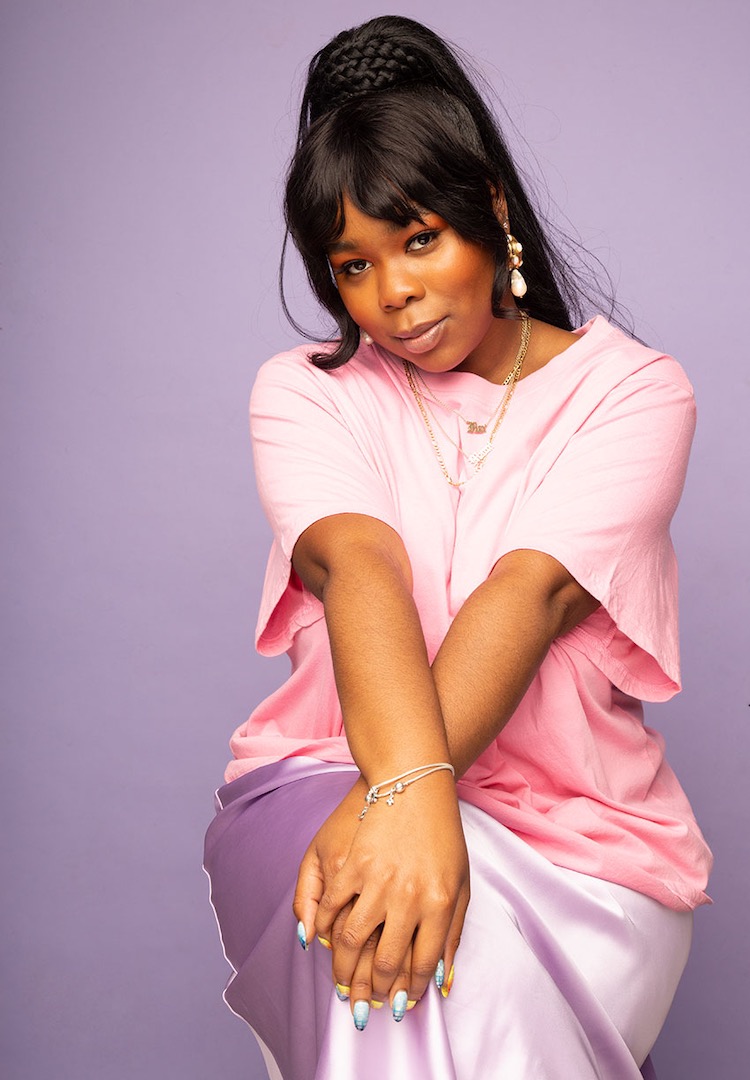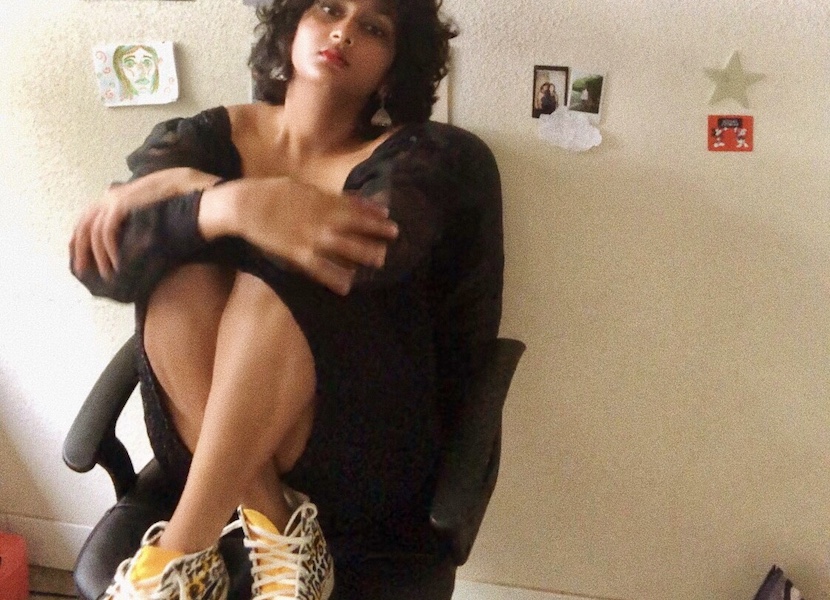How the lessons we’re taught as women become the cages we live in
WORDS BY AASTHA AGRAWAL
“It became second nature to always be fearful, to never trust a man, to remain careful.”
For International Women’s Day, Converse launched its My Story collection, a female-designed reimagining of the classic Chucks. Inspired by fearless, bold and independent womxn, My Story helps give you the words and colours to tell your own story. To celebrate this release, we’ve given Fashion Journal readers the opportunity to have their own story published in our pages. Here, Aastha Agrawal poetically confronts the sexist lessons women are forced to learn.
She didn’t know when she was born the first daughter to traditional Indian parents that it was going to be a tough ride. She didn’t know her autonomy would steer so uncontrollably into a direction moulded by generations of oppression, censorship and sexualisation.
It’s not as if parents are given a customised handbook on how to raise a mentally stable daughter, let alone subsequent editions that detail and assist every new move, encounter or incident that takes place in her life.
Looking for more thought-provoking reads? Try our Life section.
No one could have predicted the uncertainties and insecurities that would reside within her, and no one recognised her instabilities manifesting into anxiety and depression. Life wasn’t undemanding, and it didn’t do her any favours to learn her worth was dependent on her skin tone, her weight, how she talked and how she sat.
She couldn’t have avoided the lesson about never walking home alone at night, that to be respected she should keep her knees together, tight. That getting her period meant to fear men further, and to be touched by one would make her lesser.
She couldn’t have dismissed these comments anyway: the world never gave her a choice. She was told she was prettier when she bleached her skin, wanting to be White. She thought they were right to tell her to eat less when she went to school and no one wanted to talk to her.
Remembering the rape talk seemed like a lifesaver when she walked the streets of her hometown and met their gaze. She never got the chance to question why she had to learn all of that at such a young age, she remained too busy pulling down her school skirt, swallowing her rage.
It became second nature to always be fearful, to never trust a man, to remain careful. Although she doubted, at times, if her life was even her own, she knew it would be foolish to let her guard down.
After not too long, she was full of hate. She was comprised of all that she recognised but was taught to never verbalise. The anger, the suppression, the constant looks of disapproval had shaped her into the woman that once was taught that the danger was what was between her legs.
She was tired of accommodating, she was bursting at the seams, overspilling from the box she had so long been forced to fit. She wanted to scream at the top of her lungs that she was barely human, let alone a woman. The isolation was suffocating, the silence was deafening. From the beginning there were rules, there were cautionary tales, there was everything she couldn’t or mustn’t do to ease her shame.
So why couldn’t she stop the men, four times her age, staring as she licked her ice cream? Why didn’t she predict that her male friend would lift her skirt during class when she was 15? Why didn’t she remember that she shouldn’t show too much skin before she got whistled and winked at at a mall for wearing a singlet?
What was the point of her being defensive, being taught how to behave and follow all these principles, when she was never even the one to cause or generate any of those offences? It was then when she realised why it was hammered into her brain. Why, along with learning how to walk, another milestone was to receive a manual on ‘how not to be raped’.
She recognised herself in her mother, one that feared nothing more than her child facing discomfort at the hands of another. She recognised herself in the faces of strange women who looked her up and down with disgust when she wore short dresses, ones that knew all too well the unfortunate reality of being confident in your own body. She recognised herself in her female friends that shamed her, ones that were victims themselves.
She recognised and sympathised with generations of women that had been silenced, that had been blamed for their own pain, that had been shunned and excluded and demeaned and made to feel less than. Those that had been locked up by others, and then forced to chain themselves up, only to be presented as being the cause of their own destruction.
But now she recognised, as she looked around the room she sat in, that she was herself a woman that understood not only every woman’s pain, but their strength and resilience and their bravery to keep going day after day.
View Converse’s My Story range here.












